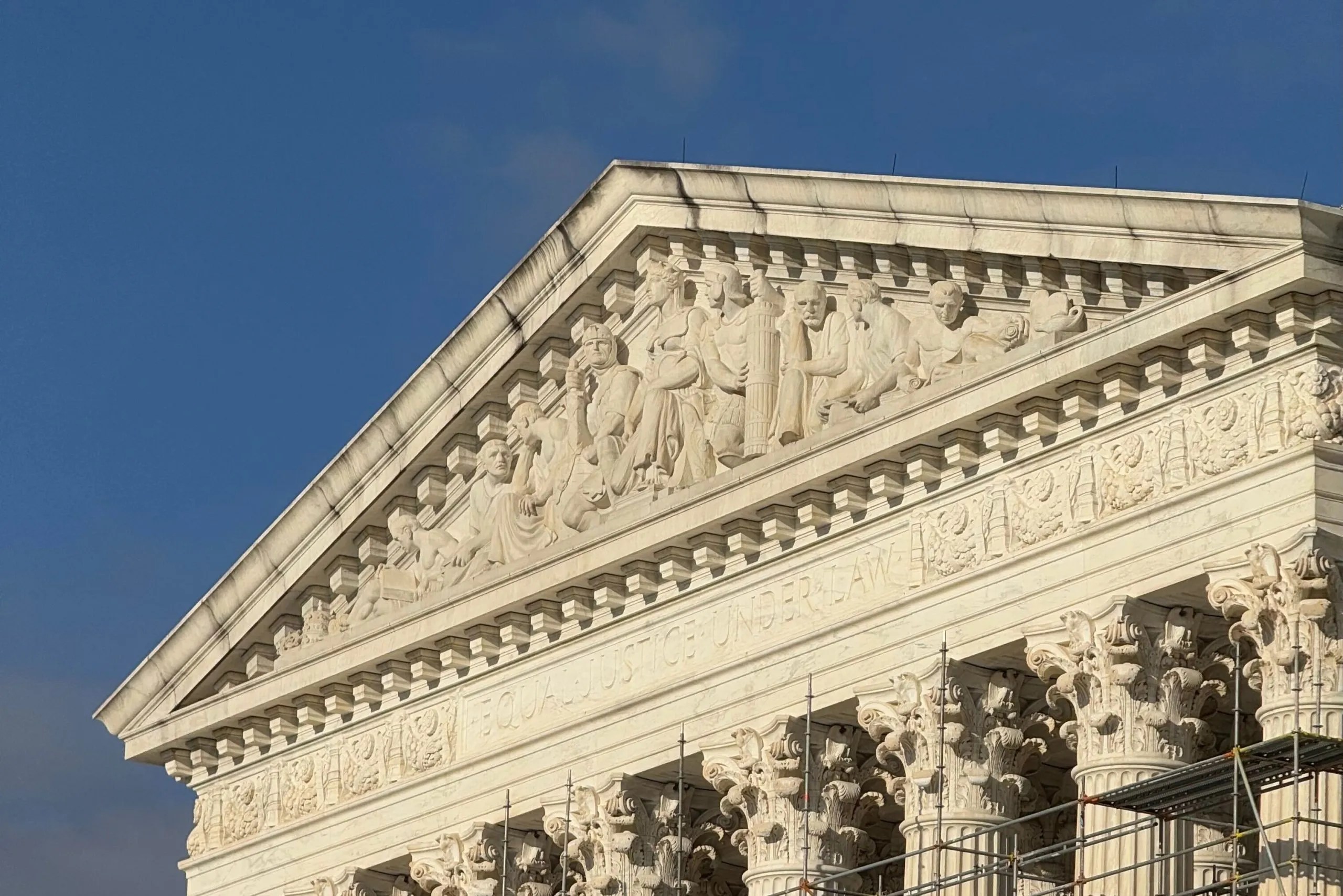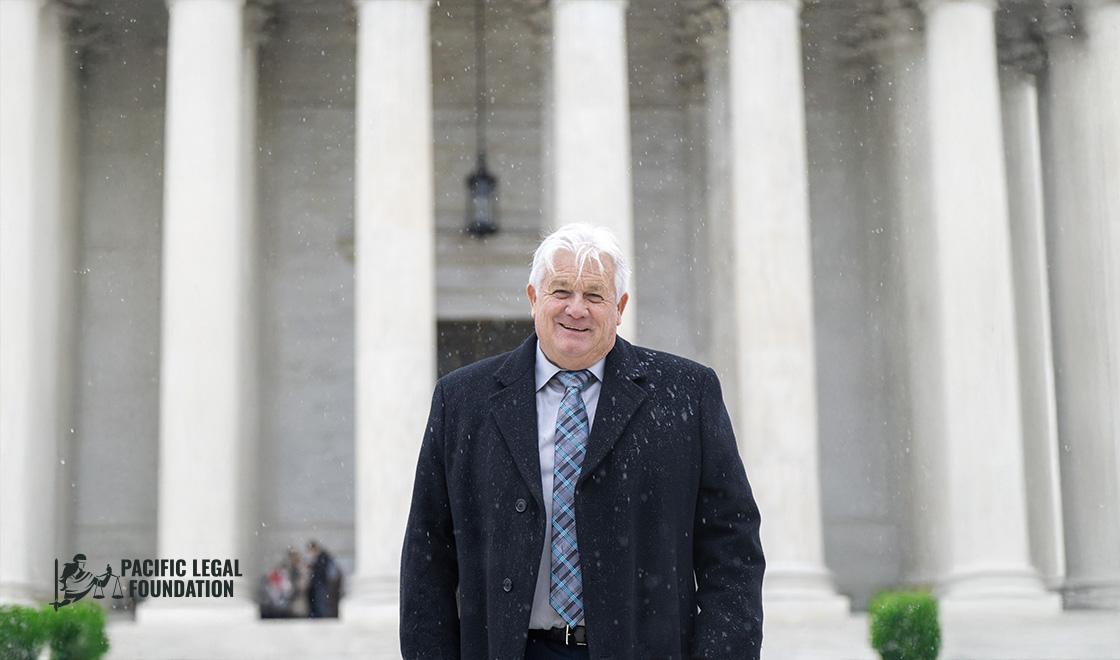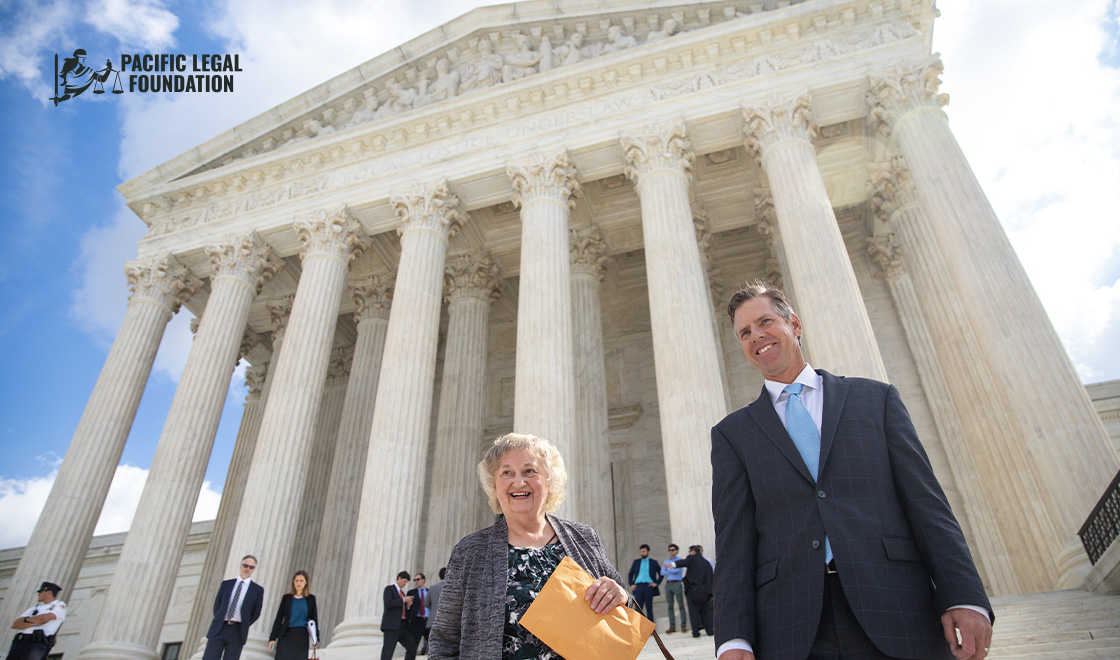SCOTUStoday for Monday, September 29



The leaves are changing, pumpkin bars are baking, and the justices are back at the Supreme Court. They’ll gather today for the annual “long conference,” the unofficial end of their three-month summer break (though, to be fair, they’ve been kept plenty busy with emergency applications).
Morning Reads
- Not ‘the gospel.’ Ahead of Supreme Court term, Clarence Thomas weighs in on precedent (Maureen Groppe, USA Today) — Justice Clarence Thomas took on the topic of “stare decisis,” or following legal precedent, during a Thursday appearance at Catholic University’s Columbus School of Law, according to USA Today. “At some point we need to think about what we’re doing with stare decisis,” he said. “And it’s not some sort of talismanic deal where you can just say ‘stare decisis’ and not think, turn off the brain.” Although Thomas was not addressing a specific case, the court will revisit several previous rulings in the 2025-26 term, such as Humphrey’s Executor v. United States, “which upheld the constitutionality of preventing members of the Federal Trade Commission from being fired without cause.”
- ‘The cases swung, not me’: Ex-Justice Kennedy reflects on a changing Supreme Court (Nina Totenberg, NPR) — As he promotes his new book, set to be released on Oct. 14, former Justice Anthony Kennedy is expressing concern about the state of the country and the state of the Supreme Court. He told NPR that “reasoned, thoughtful, rational, respectful discourse has been replaced by antagonistic, confrontational conversation” and even court opinions feel more antagonistic today than they did during his tenure. “It seems to me the idea of partisanship is becoming much more prevalent and more bitter,” he said. “And my concern is that the court in its own opinions…has to be asked to moderate and become much more respectful.”
- He is Louisiana’s lawyer on the 10 Commandments, Voting Rights Act and more. Here’s his story. (Mark Ballard, The New Orleans Advocate) — Just 10 years out of law school, J. Benjamin Aguiñaga, a former clerk for Justice Samuel Alito, is serving as solicitor general of Louisiana and helping the state navigate high-profile disputes over the Voting Rights Act and Ten Commandments displays in public schools, according to The New Orleans Advocate. The VRA case “will decide whether Louisiana will have two majority-Black voting districts for the U.S. House. But the high court’s decision in Callais v. Louisiana could reverberate across the country if the court overturns the remaining protection for minority voters in the 60-year-old law.”
- Ancient Wisdom: How a Supreme Court Justice Changed My Life (Joel Klein, The Free Press) — In an essay for The Free Press, Joel Klein reflected on clerking for former Justice Lewis Powell during the 1974-75 term and what he learned from the justice’s thoughtful approach to his work. “I couldn’t help but be affected by watching Powell grow and develop after he got on the Supreme Court. He taught me that looking at hard issues with a fresh eye can be enormously invigorating, while clinging to certainties can impede learning and maturing.”
- Amy Coney Barrett’s brand of originalism irritates some people. Good. (George F. Will, The Washington Post) — George F. Will reflected on Justice Amy Coney Barrett and originalism in his latest Washington Post column, contending that her “fastidious acknowledgment that certainty and precision are often elusive when construing … the Constitution’s text” is what “makes her an exemplary justice.” “Awareness of uncertainties justifies judicious restraint: The duty to construe texts does not empower judges to try to discover — or guess — the purposes or intentions of those who wrote the words.”
SCOTUS Quick Hits
- On Friday, the court issued an emergency docket decision that allows the Trump administration to withhold billions in foreign-aid funding.
- Also on Friday, the Trump administration asked the court to review the legality of Trump’s executive order on birthright citizenship.
- A response brief to the Trump administration’s emergency application asking the justices to allow Trump to end protected status for hundreds of thousands of Venezuelan citizens living in the United States is due today.
- Also today, the justices will gather for their “long conference” to address cert petitions that piled up during their summer recess. They are expected to grant between five and 15 of these cases.
- The first day of the 2025-26 term is next Monday, Oct. 6. Throughout this week, we will be providing previews for those cases to be argued on Oct. 6, 7, and 8.
A Closer Look: Order List
As you might have guessed based on the name, an order list is, well, a list of orders from the Supreme Court. Specifically, it’s a list of actions the justices took at their most recent private conference – which typically occur on Wednesdays and Fridays during the term – such as agreeing to hear arguments in a case or denying a request for rehearing.
Summer order lists (which mostly deal with administrative matters) only rarely contain significant news. But once the justices return for the long conference, at which they review the 1,000 to 2,000 petitions that built up since June, the lists quickly become more interesting, as the court adds new cases to the merits docket, whether from the long conference or subsequent meetings.
Last year, the justices released a list of grants from the long conference four days after it took place and then additional orders the following Monday, including a 41-page list of cert petitions that had been denied.
During the term, order lists typically are released on Mondays at 9:30 a.m., but the timing can change due to federal holidays or long breaks between conferences.
On Site
From Amy Howe
Birthright Citizenship Cert Petition
The Trump administration on Friday asked the Supreme Court to weigh in on the legality of President Donald Trump’s executive order on birthright citizenship. The cert petition had been expected for weeks, since the administration was signaling in lower court filings that it would seek Supreme Court review. In June, the court sided with the administration in a dispute over the universal injunctions that had prevented the order from being implemented nationwide, but the decision did not address the legality of birthright citizenship itself. Read Amy’s analysis on the new petition for more context.
Also on Friday, the court cleared the way for the Trump administration to withhold nearly $4 billion in foreign-aid funding over a dissent from Justice Elena Sotomayor, joined by Justices Sonia Sotomayor and Ketanji Brown Jackson. The court’s short, unsigned order came nearly eight months after Trump issued an executive order directing that “no further United States foreign assistance shall be disbursed in a manner that is not fully aligned with the foreign policy of the President of the United States.” Read Amy’s analysis for more on the decision.
Contributor Corner
One argument against calling the emergency docket by that name is that the justices only rarely seem to treat requests for emergency relief as emergencies, according to SCOTUSblog contributor Taraleigh Davis, an assistant professor of public law and American politics at Bradley University. In a recent analysis, she explained that “[s]ome applications move through in days, while others take months.”
Perhaps most striking is that speed correlates with the political direction of cases. In 2024, cases with conservative outcomes averaged 23 days to decide, while cases with liberal outcomes took 41 days – a 76% difference that reveals how the court’s approach to emergency relief is often influenced by a case’s ideological outcome.
Posted in Featured, Newsletters

